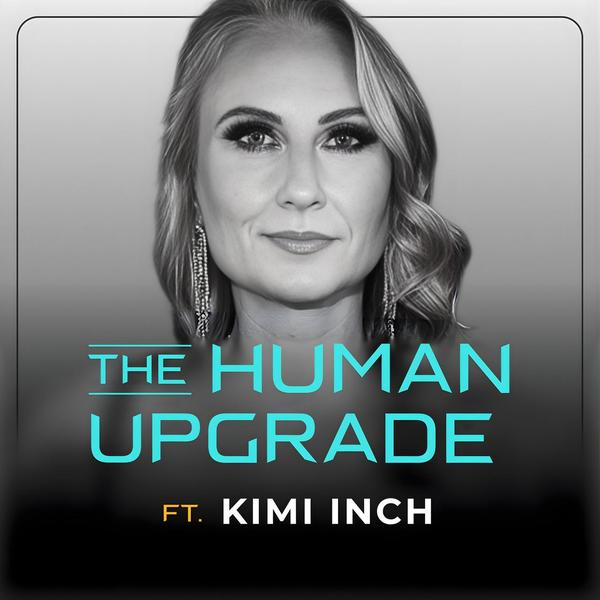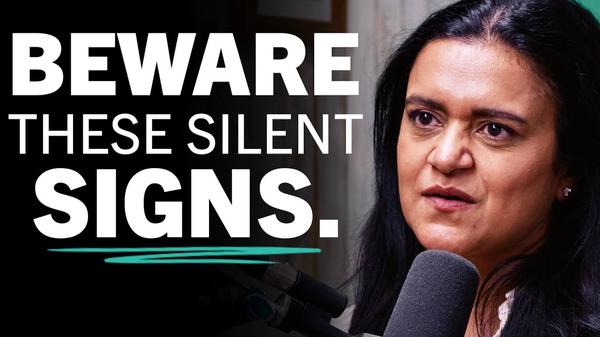Dopamine and addiction: navigating pleasure, pain, and the path to recovery | Anna Lembke, M.D.
Peter Attia
14 oct 2024
Mindsip insights from this episode:
Utilize GLP-1s to eliminate alcohol cravings
In a clinical case, the GLP-1 agonist semaglutide led to the complete cessation of alcohol cravings for a patient with a treatment-refractory alcohol use disorder.
Foster trust to enhance self-control and delayed gratification
A revised marshmallow experiment showed that children who were lied to by researchers were much less likely to delay gratification, highlighting the critical role of a trustworthy environment in developing self-control.
Pay for dopamine upfront with hormetic stressors
Hormetic stressors like exercise and cold plunges cause dopamine levels to rise gradually and remain elevated for hours without a crash, because you are paying for the pleasure with upfront pain.
Recognize challenges of moderation after chemical addiction
Only a small minority of people with a severe chemical addiction, perhaps as low as 1%, are able to successfully return to using in moderation after a period of abstinence.
Implement dopamine fast to reset mental health pathways
A four-week abstinence trial, or 'dopamine fast,' from a drug of choice is often the first intervention for anxiety and depression, as it can reset reward pathways and resolve symptoms without medication.
Navigate abundance mindfully in a world of scarcity evolution
Humans evolved for a world of scarcity but now live in an environment of overwhelming abundance, like cacti in a rainforest, which our brains are not equipped to handle.
Recognize universal withdrawal symptoms: anxiety, irritability, insomnia, dysphoria, craving
The universal symptoms of withdrawal from any addictive substance or behavior are anxiety, irritability, insomnia, dysphoria, and craving.
Recognize addiction risk in Parkinson's treatment with L-dopa
About a quarter of Parkinson's patients treated with L-dopa develop addictive disorders because the drug, a dopamine precursor, also binds to dopamine receptors in the brain's reward pathway.
Understand loss chasing in pathological gambling behavior
Pathological gamblers can get a dopamine release even when losing, a phenomenon called 'loss chasing,' because losing allows them to justify staying in the game longer.
More from
Peter Attia
AMA #78: Longevity interventions, exercise, diagnostic screening, and managing high apoB, hypertension, metabolic health, and more
Ketogenic diet, ketosis & hyperbaric oxygen: metabolic therapies for weight loss, cognition, Alzheimer's & more | Dom D'Agostino, Ph.D.
The evolutionary biology of testosterone: how it shapes male development and sex-based behavioral differences, | Carole Hooven, Ph.D.
The impact of gratitude, serving others, embracing mortality, and living intentionally | Walter Green (#288 rebroadcast)
Thyroid function and hypothyroidism: why current diagnosis and treatment fall short for many, and how new approaches are transforming care | Antonio Bianco, M.D., Ph.D.
You also might be interested in
The Hidden Damage That Happens "Behind-The-Scenes" In The Adult Entertainment Industry, With Former Adult Actress Felicity Feline
How to Set & Achieve Goals | Huberman Lab Essentials
The Science of Erotic Altered States | Biohacking Sex
Neuroscientist: If You’re Feeling THIS, You’ve Lost Touch With Your True Self
Neuroscientist: If You Feel THIS, You're Living the Wrong Life (Unlock The One You're Meant For)









